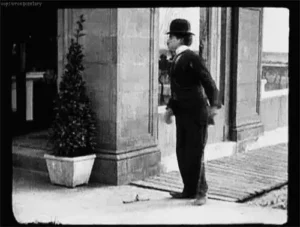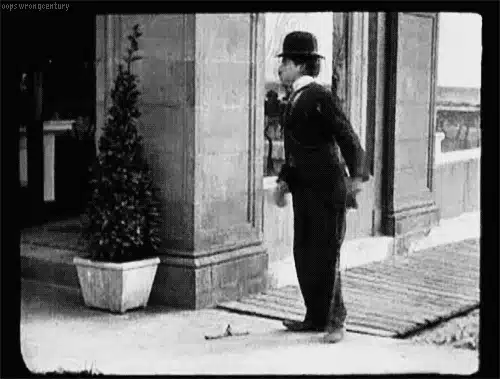
In 1886, Carl Frank was the first comedian to turn slipping on a banana into a joke.
138 years of laughter followed, but there’s nothing funny when slipping on an object left carelessly in a shopping mall or airport turns into a serious back or head injury. Or when someone is robbed or killed due to a lack of security. There’s nothing funny about time lost at work, piling medical bills, and months, or more, of repair and recovery.
And there’s nothing funny when an accident occurs because the owner of the property didn’t take proper precautions.
Premises liability, sometimes called negligent security or slip and fall, is based on the premise that the owner of the commercial property has a responsibility to keep the area safe for visitors.
Premises liability law protects people who are injured on someone else’s property. Here’s a breakdown of key points to know in Florida:
Winning a Premises Liability Case:
To win a premises liability case, you typically need to prove three things:
- Dangerous Condition: A dangerous condition existed on the property, and the owner was aware of it.
- Failure to Warn or Repair: The owner failed to repair the dangerous condition or warn visitors about it.
- Injury Caused by Condition: Your injury was a direct result of this dangerous condition.
Presumption of Negligence:
Before 2001, you had to show the owner had “actual or constructive knowledge” of the dangerous condition. Now, if you’re injured on the property due to any of these three conditions, the law presumes the owner was negligent. However, the owners can still defend themselves.
Levels of Care for Property Owners:
Florida law requires property owners to provide different levels of care depending on who enters their property:
- Invitees: These are people invited onto the property, like customers in a store. Owners owe the highest duty of care to invitees, warning them of any dangerous conditions they know about.
- Licensees: people with permission to be on the property but not necessarily invited, like social guests. Owners owe a fair warning about known dangerous conditions to licensees.
- Trespassers: While owners generally don’t owe a high duty of care to trespassers, they still have a basic responsibility to warn them of hidden dangers that could cause serious injury.
What Next?
This is a simplified overview. Premises liability law can be complex. If you’ve been injured on someone else’s property, call Hoffman, Larin, & Agnetti for a free consultation.
Why HLA when there are so many law firms to choose from? (Ever drive down I-95?).
Because experience matters. Expertise matters. And 40 years of results matter.
A woman came into the firm, seriously injured in a car accident at a construction site in downtown Miami. Multiple defendants pointed fingers at each other, one of them being a municipality. Other law firms passed on her case. Then she came to HLA.
John Agnetti saw what other lawyers missed. John designed a creative and winning strategy that resulted in a settlement that was dramatically more than the insurance company originally offered.
Call us at 305-653-5555, text us at 305-653-1515, email us at [email protected], or fill out our contact form at www.hlalaw.com.
It turns out that falling isn’t so funny after all.





